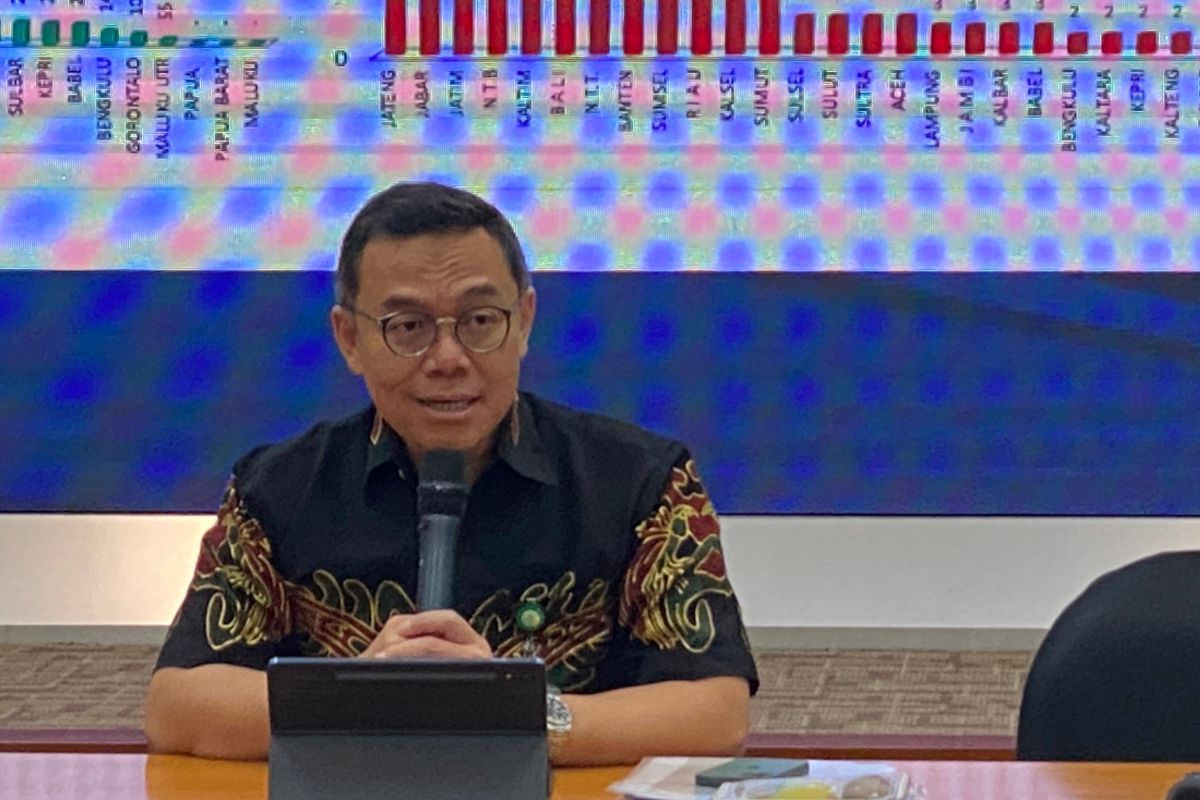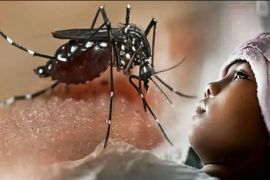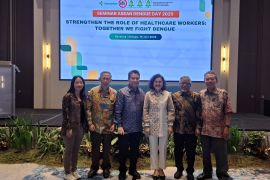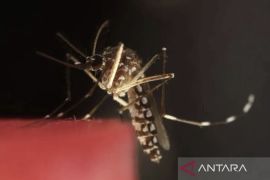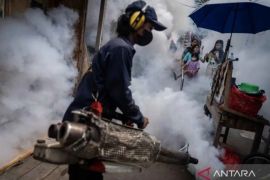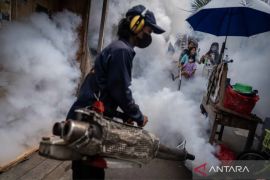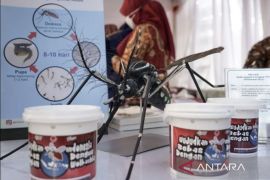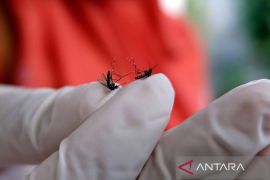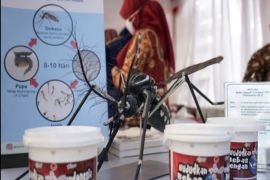We are worried that there will be a case spikeJakarta (ANTARA) - Health Ministry urged all parties to be wary of the impact of El Niño, the phenomenon of unusual warming of sea surface temperature, which causes drought and triggers a rise in dengue cases in Indonesia.
Hence, to this end, at the start of 2023, the ministry had issued a Circulation Letter to remind all regional governments, Disease Prevention and Control Director at the Ministry Imran Pambudi noted.
"We are worried that there will be a case spike," he remarked during the 2023 ASEAN Dengue Day event here, Monday.
According to the study conducted by the ministry, the frequency of mosquito bites will increase by three to five folds when the temperature in a country rises above 35 degrees Celsius.
With the drought brought on by El Niño, there are concerns that the water in containers would not be replaced, thereby turning into breeding grounds for the Aedes aegypti mosquitoes that cause dengue fever.
"This El Niño is a cycle. Since the start of the year, we already tell regional health offices to be careful. They have to be ready to always monitor to improve the eradication of mosquitoes' breeding grounds," he noted.
The ministry's cumulative data until the 22nd week of 2023 alone already found 35,694 cases of dengue fever, with 270 deaths caused by it during the same time period.
Pambudi urged all parties to be careful, as dengue cases are frequently found in children.
To prevent rising cases, he underlined that the most important aspect in handling dengue fever lies in the prevention effort. The ministry is disseminating information on the importance of Mosquito Nest Eradication (PSN).
The dissemination is undertaken through the 3M Plus campaign that comprises draining and brushing, closing water containers, utilizing or recycling used materials, and preventing mosquito bites and breeding.
"When it comes to fogging, we do not recommend it too much because that is more reactive. If there are new cases, then we started fogging," he explained.
"What is most important is preventing mosquito larvae from emerging. Thus, we inform that if the regions have many plants, then it is recommended to use lotion or bivalent (vaccine)," he noted.
During the event, Pambudi also implored regional governments to start conducting more routine monitoring and preparing the entire related logistics and liquid and medicine needs at health facilities to anticipate a rise in the number of cases.
The ministry already conducts six dengue mitigation national strategies for the 2021-2025 period, comprising effective, safe and sustainable vector management strengthening and dengue governance access and quality improvement.
The ministry is also strengthening comprehensive dengue surveillance and responsive outbreak management, improving public and institutional participation sustainably, and bolstering program management policy, government partnership, and commitment.
Lastly, the ministry is developing studies, researches, and innovations as the basis for evidence-based program management and policy.
"Regional governments' commitment is very important to be able to allocate enough resources. In this case, humans or funding can handle this dengue problem," Pambudi stated.
Related news: Bali recorded 2,469 dengue fever cases in Jan-Mar 2023
Related news: Ministry records 710 dengue cases in first month of 2023
Related news: Minister explores investment plan with Takeda for dengue fever vaccine
Translator: Hreeloita D S, Fadhli Ruhman
Editor: Sri Haryati
Copyright © ANTARA 2023
